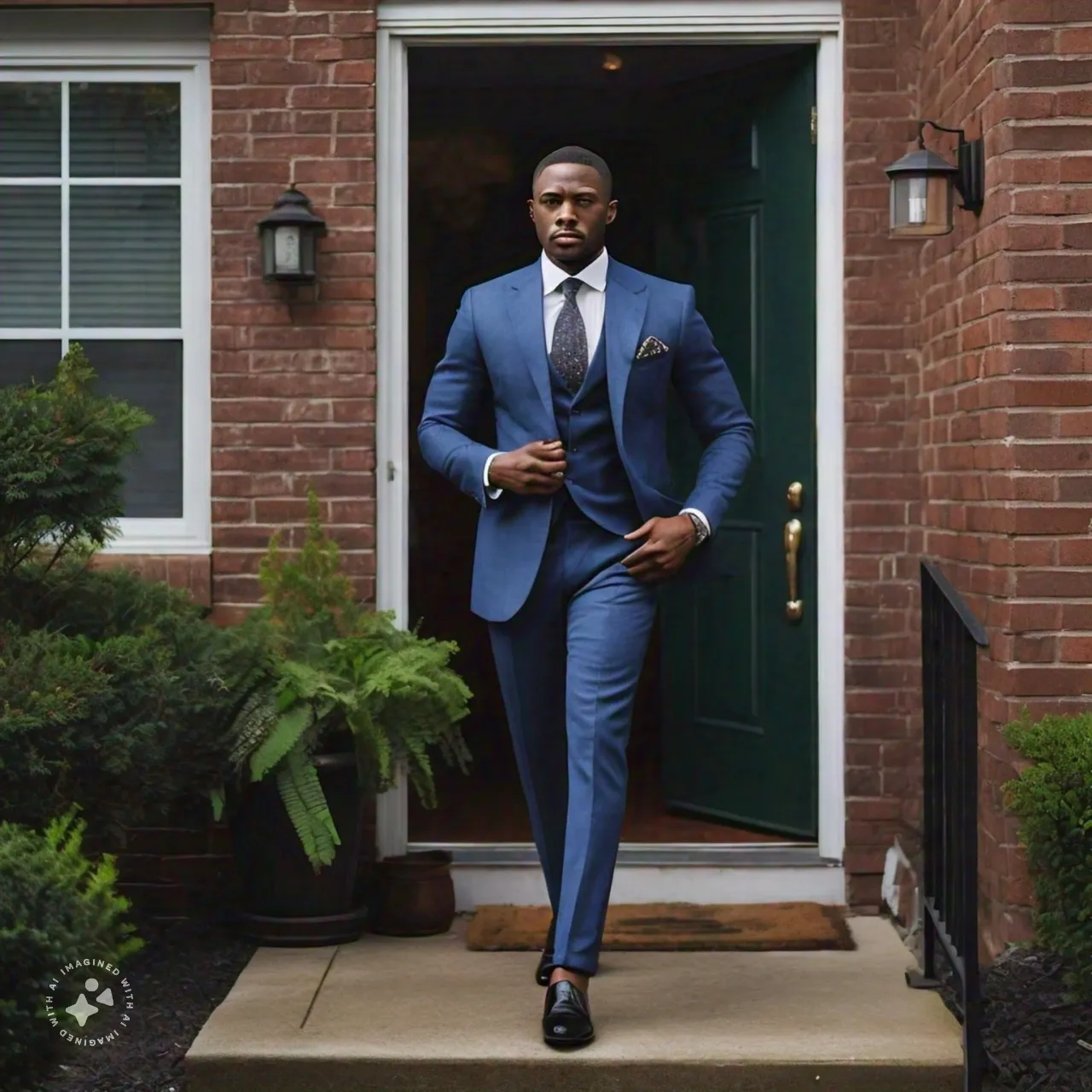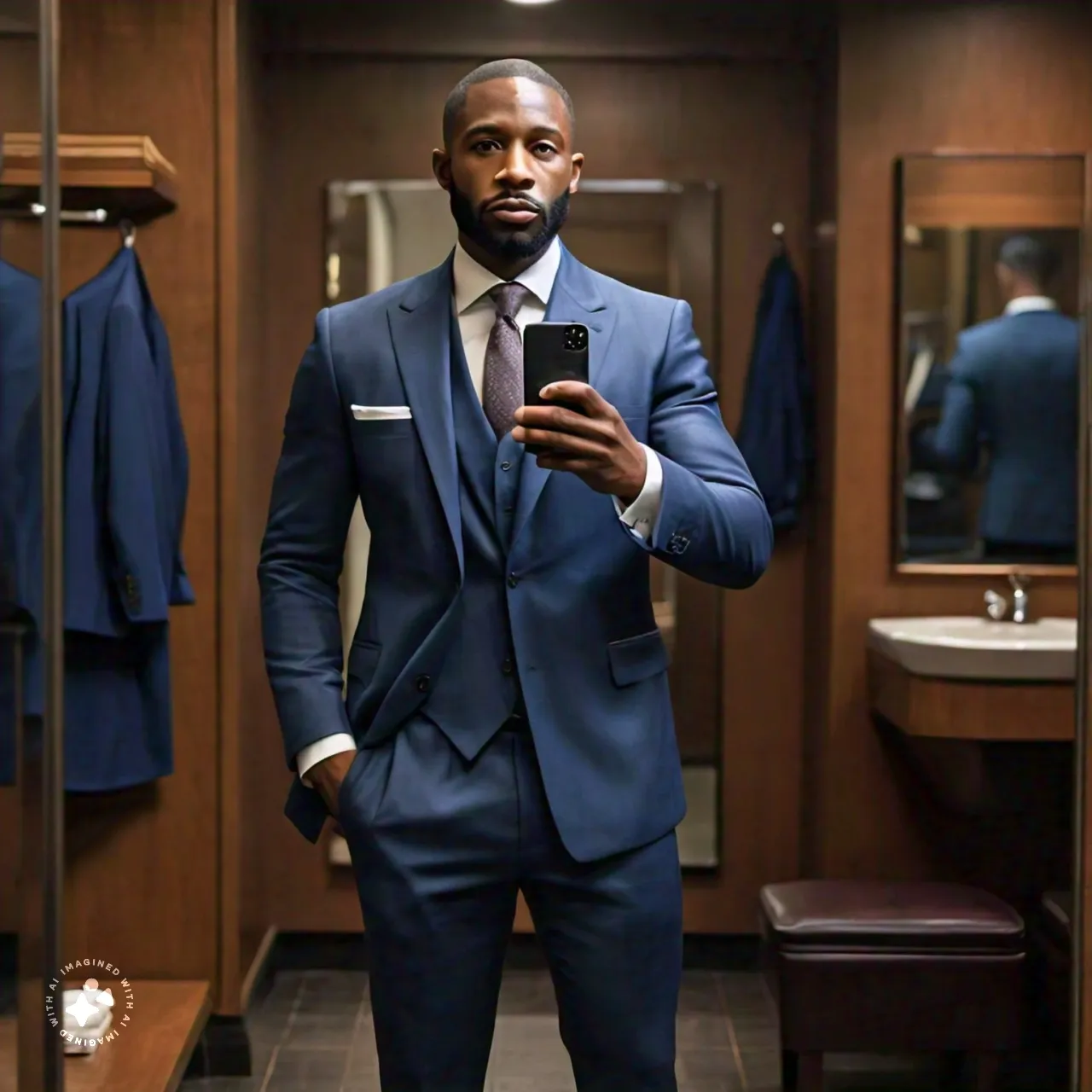Every time I had to make a presentation during my time at the university, I had to dress properly. I don't remember being explicitly told how to dress, but by default everyone knew to look sharp and smart, and that's usually by wearing a clean, nice shirt with a tie, along with pants and dress shoes. It turned out that our dressing was always assessed alongside other parameters of our presentation.

So, even though I may have the right things to say and can deliver well, my grade is often tied to my appearance. It may seem rather unrelated to assess one's mental preparedness based on appearance as well, but it just makes a lot of sense at the end of the day.
There are certain ways food can be presented to one that, regardless of how good it may taste, could just turn out unattractive if it is not visually appealing. And this ideology cuts across many aspects of our lives. Appearance is key.
One's dressing says certain things about them that they may not even say verbally. For an interview, a person's professionalism, attention to detail, and suitability for the company's needs can be deduced in some ways, just by assessing one's dressing.
Personally, seeing a person who takes their time to pick the right clothes to dress adequately for an occasion and ensures that they make themselves tidy and smell good, I can presume that the person is conscious of visual appearances and impressions, respects where they are dressed, and understands the importance of carrying oneself properly.
In some cases, jobs may require a certain look—mostly formal—before clients will feel confident and trust in them. If one cannot prove to the company that they can deliver in this regard by dressing accordingly for the interview, it's expected that they write one off right there.

From a broader perspective, however, physical appearance has no bearing on a person's ability to perform their job duties properly and effectively. Appearance may influence their perception and decision-making processes, but it is paramount to put more relevance into skills-based assessment.
Appearance is something that you can change in a minute, but acquiring and being valuable is something that takes time, dedication, and hard work to develop, and that's what is most important to any company—the ability of the potential recruit to add value and solve some of the company's problems.
If the right person for the job is obtained and "appearance" isn't something they are great at, then means can be developed to enlighten and equip the individual in such regard.
In all, understanding that appearance influences the decisions interviewers make, one can do very well for themselves to add to their well-developed skill that could be needed by doing their due diligence and dressing properly for the occasion, in a way that wouldn't be overdone but sending the message that one is responsible as they are skilled.
Images imagined with Meta AI
